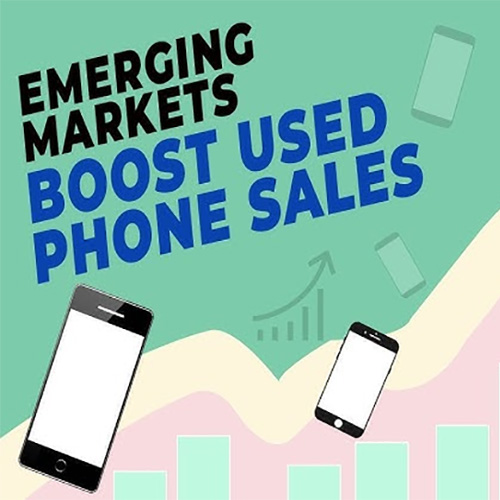
By 2030, over 200 cell and gene therapies could receive FDA approval, with the potential to treat 100,000 U.S. patients annually, according to Cardinal Health’s 2025 Advanced Therapies Report.
However, critical gaps in infrastructure, reimbursement, and patient access threaten widespread adoption.
Advances in gene and cell therapies hold great promise for treating endometriosis, affecting an estimated 176 million women globally.
Early diagnosis and intervention are crucial to reducing pain and preventing complications.
Alarmingly, diagnosis in the U.K. takes an average of 7.5 years. However, a recent breakthrough in Russia offers new hope for faster and more effective treatment.
A survey of healthcare professionals highlights access hurdles primarily driven by restrictive payer policies.
Prior authorizations, narrow coverage criteria, and delayed approvals are major barriers, often postponing or preventing timely patient care.
Geographic disparities worsen the issue, as most cell and gene therapies are administered at academic centers, forcing patients to travel long distances.
Providers advocate for community-based treatment sites to improve accessibility.
Financial challenges loom large. Complex reimbursement models and the high costs of therapies deter both providers and payers.
Although value-based contracts are widely supported, establishing measurable outcomes and operational frameworks remains problematic.
Enrollment bottlenecks further slow adoption. Care-giver shortages, insurance denials, and out-of-network limitations cause significant delays, sometimes extending treatment initiation by over a week.
Long-term patient tracking, mandated for up to 15 years, suffers as follow-up rates drop due to factors like relocation and insurance changes.
Real-world evidence presents a viable path forward by utilizing routine clinical data to ease the tracking burden.
Early collaboration between biopharma and payers is essential to align coverage and data requirements, ensuring smoother therapy launches.
Decentralizing cell and gene therapies delivery to outpatient settings and leveraging scalable digital tools for enrolment can significantly enhance access.
Addressing these systemic challenges is critical to fully realizing the transformative promise of cell and gene therapies in patient care.
See What’s Next in Tech With the Fast Forward Newsletter
Tweets From @varindiamag
Nothing to see here - yet
When they Tweet, their Tweets will show up here.





























